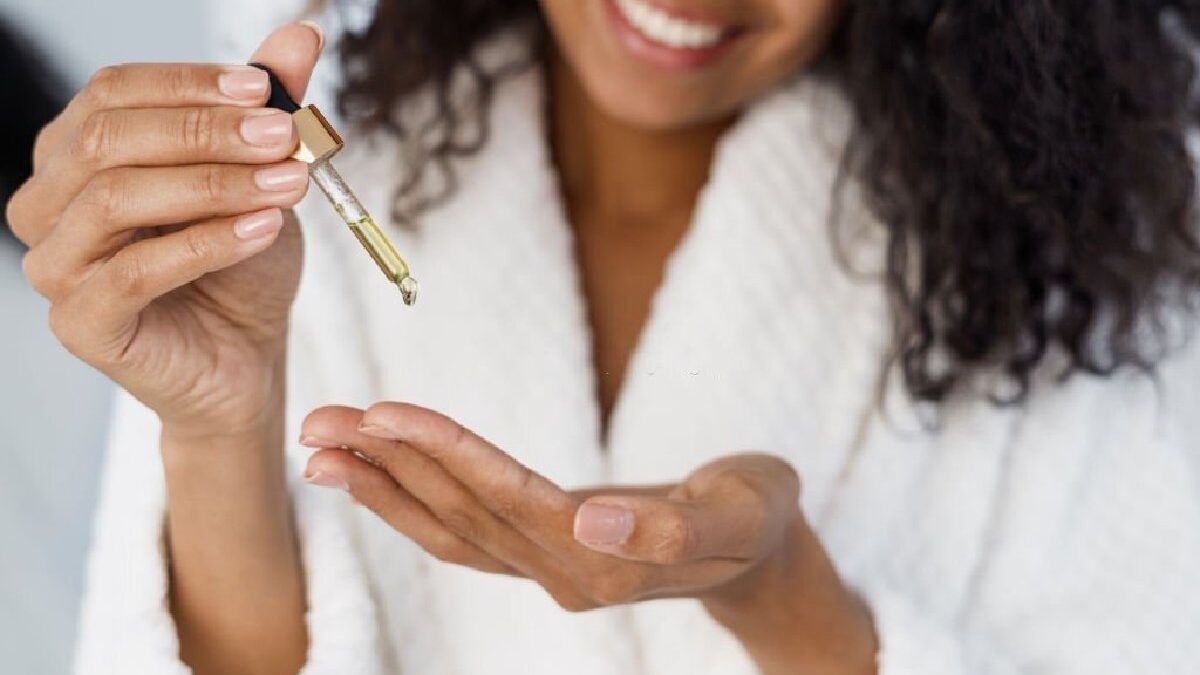Why is exfoliating the skin so important – Nobody wants to have dull, dry and dull skin. Luckily, if you are going through a moment like this, there are solutions that will help you!
Exfoliating the skin is a simple method that dates back towards ancient Egypt. Since then, it has remained the key to success for a healthy and beautiful face. A new layer of radiant skin emerges by removing dead and dirty skin cells.
There is a wide variety of products to exfoliate, so you must consider how they act on your skin. If your face is rough around the edges, you’ll be interested to know why exfoliating your skin is vital.
What is skin exfoliation?
The epidermis, or the superficial layer of the skin, is made up of five sublayers. In the deepest layer, new skin cells are born. These cells work their way up to the top layer when they mature. Then they tend to fall off naturally, to allow new skin to emerge, smoother and with homogeneous pigmentation.
Healthy skin expels an implausible 30,000 to 40,000 dead cells per minute. But, the truth is that this process tends to slow down due to a series of features such as sun exposure, hormonal vacillations and aging. By delaying this process, dead cells accumulate on the skin, making it look rough and dull. If they stay on too long, they can clog your pores, leading to many problems, like blemishes and fine lines.
Try exfoliation, which will remove dead cells to make way for new skin. Plus, exfoliating your skin helps other skin care products work more effectively!
Types of skin scrubs
Exfoliating products are usually divided into two groups: physical and chemical.
Physical scrubs:
Physical exfoliants manually remove dead skin from the skin by applying abrasive components to the surface, such as sugar, microbeads, rice bran powder, or jojoba seeds. The massage improves microcirculation and lymphatic drainage, so the result is a glowing complexion.
While the treatment offers an immediate dose of gratification, it can have its downside: If the exfoliating product contains too irregular particles. If you rub vigorously when applying it, the physical exfoliator can leave your skin with micro-breaks rather than a glowing complexion.
You can avoid this problem by opting for products with soft and rounded particles and applying them delicately.
Chemical exfoliants:
On the other hand, chemical exfoliants work by infringement of the intercellular “glue” that holds dead covering cells together. By dissolving these bonds, dead cells are shed, letting new skin come to the shallow.
As intimidating as it may sound, chemical exfoliants can be remarkably gentle: They are made with low proportions of natural, food-derived acids and enzymes.
Try exfoliants that contain alpha hydroxy acids, such as lactic acid (extracted from sour milk), glycolic acid (sugar cane), and tartaric acid (grapes).
Oily skin or skin prone to open pores and blemishes reacts well to salicylic acid: an oil-soluble beta hydroxy acid that can penetrate skin pores, even clogged ones. For an increase in cell renewal and rejuvenation, opt for NE glucosamine. It is a chemical exfoliant that hydrates the skin while reducing hyperpigmentation: a two-in-one compound.
Plus, chemical exfoliants don’t require you to scrub when applying them. So they penetrate the deepest layers of the skin and boost cell renewal without the need to rub the skin, which is beneficial for sensitive skin.
Know the areas of your face
Do you have an oily T-zone or open pores? Do you usually have chronic pimples around the nose? For troubled areas, resorting to more powerful exfoliating products is convenient. You can also spend more time exfoliating the skin in those areas.
On the other hand, the area around the eyes and lips has highly fragile skin. It is advisable to avoid exfoliating that area, unless you use a product specifically designed for those delicate tissues.
Be careful not to exfoliate the skin excessively.
As with many things in life, the key is moderation. After all, there is a limit to the number of dead cells to remove! Going over that limit and over-exfoliating your skin can disrupt your skin’s natural barrier, causing irritation, inflammation, and damage. It can also make your skin more vulnerable to the sun and moisture loss.
So, start small and then gradually increase the exfoliation rate until you are exfoliating two to three periods a week. You must observe how your skin reacts and act accordingly. Finally, remember that new, exfoliated skin is more fragile and needs adequate sun protection and hydration.

